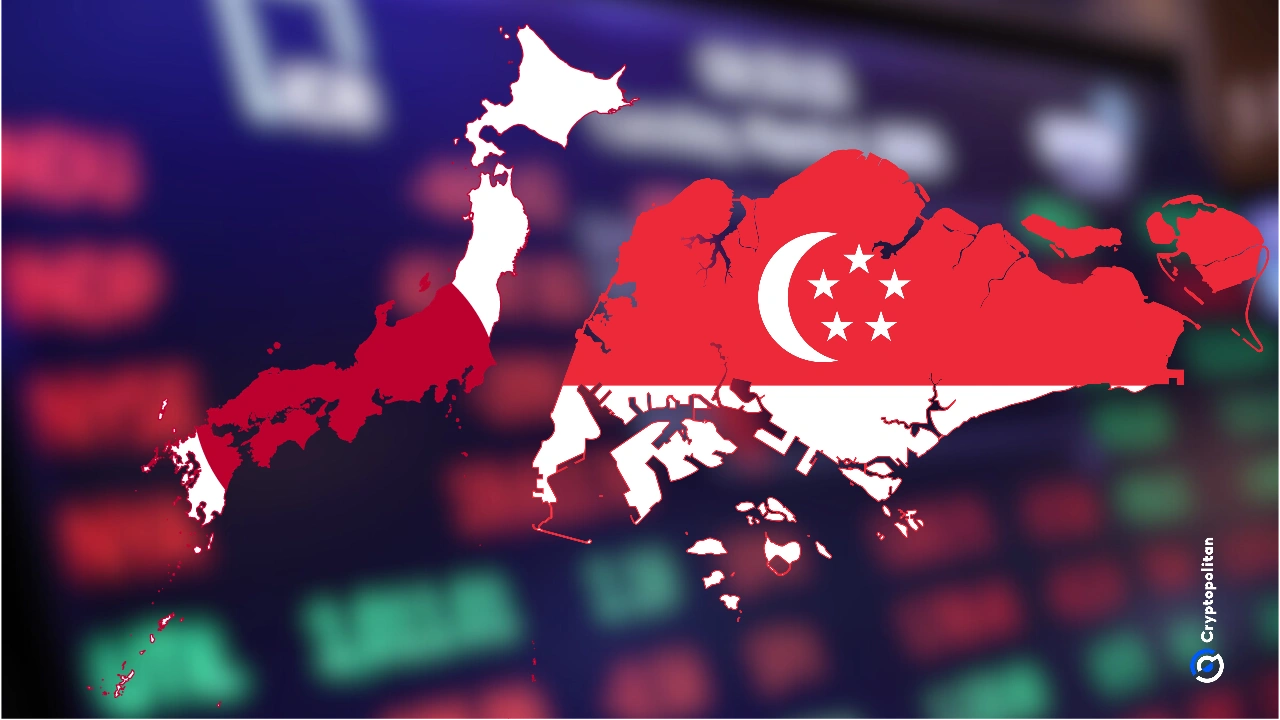On April 8, the minimum benchmark tariff imposed by the Trump administration on all imported goods entering the United States took effect on April 5, 2025, while higher reciprocal tariffs (34% for specific countries such as China, 46% for Vietnam, etc.) will take effect on April 9, 2025, and 25% of imported cars and parts. Specific industry tariffs took effect on April 3, 2025. Many governments have made the following responses to this:
Japan: Trade Secretary said it will analyze the impact "quickly and boldly" and seek U.S. exemptions, and no retaliatory tariffs have been imposed. Japanese Minister of Economic Regeneration and Chief Representative of the U.S. Target Negotiation, Ryo Akazawa, will travel to the United States in the near future to hold tariff negotiations with US Treasury Secretary Becent. Japanese Prime Minister Shigeru Ishiba is considering visiting the United States to meet with US President Trump while paying attention to the progress of the ministers' negotiations.
South Korea: The government said "there is still room for negotiation" and has not taken retaliation measures and paid attention to support from the automotive industry. South Korea's trade representative set out to visit the United States and will focus on coordinating tariffs on steel and automobiles.
EU: The European Commission plans to impose preliminary retaliatory tariffs on U.S. steel and aluminum in mid-April and prepares to take further comprehensive measures against U.S. services and products.
China: The Ministry of Commerce said it would take "resolute countermeasures", including imposing a 34% tariff on U.S. goods and limiting rare earth exports.
Canada: 25% retaliatory tariffs are imposed on $3 billion of U.S. goods while seeking negotiations to reduce the impact. Mexico: The president said he would not adopt the "tit for tooth" strategy for the time being, emphasizing border law enforcement to avoid reciprocal tariffs.
India: Consider reducing US goods tariffs of $23 billion in exchange for relief while analyzing the impact.
Australia: Prime Minister said he would not impose retaliatory tariffs on the United States, seeking to negotiate to remove the 10% benchmark tariff.
Brazil: Passing a peer-to-peer bill that allows tariffs on U.S. goods and considering complaints to the WTO.
UK: Foreign Minister said he is working to reach a trade agreement with the United States to cancel tariffs and has not ruled out countermeasures. Russia: Increase tariffs on some US goods and accelerate the promotion of "de-dollarization" trade.
New Zealand: Its prime minister said there seems to be no room for negotiation for a 10% universal tariff rate. Reiterate that Singapore will not impose retaliatory tariffs on the United States. Links will be strengthened with partners that promise free and open trade. The United States embarks on a protectionist path, but the rest of the world does not have to follow this trend.
















No comments yet